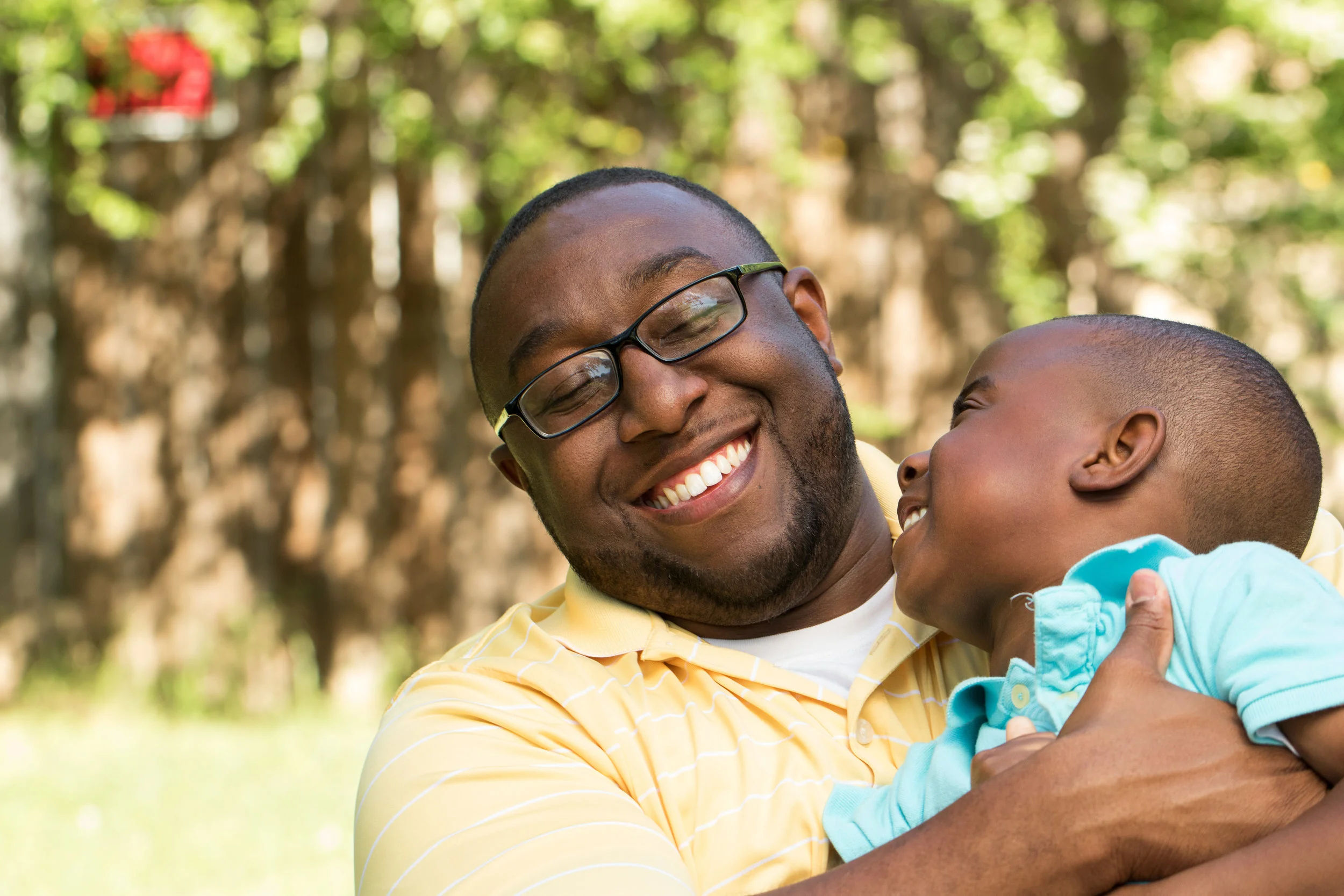The Child Exposed to Domestic Violence program (CEDV) is designed for children ages 2½ to 17 years old who have witnessed violence in their home, school, or community. Masters-level, licensed clinicians assess and evaluate youth and conduct individual and group therapy sessions in a safe, friendly, and nurturing environment. Clinicians also provide advocacy to children and adolescents and work with schools and other youth service organizations to increase their understanding of and ability to care for traumatized youth. Our goal is to help them develop language that will allow them to express their feelings and process traumatic events so they can begin to heal.
Cassie’s Story
During counselling sessions, 6-year-old Cassie avoided talking about her mother who had been murdered several months ago by a former boyfriend. She did talk about her grandmother, who was now her guardian, “My grandma and I like to play games after school, and every night we make a snack together and go over my homework. On Fridays we go out to eat, but I don’t understand why we don’t go to Alice’s Restaurant anymore. It was my favorite restaurant, and my mom’s too.”
A few weeks later, she said, “My grandma and I had a fight. I told her I wanted to go to Alice’s for my birthday, and she said no.” Cassie started crying and said her grandmother never even says her Mom’s name anymore. “I don’t want to forget my mom. I love her, and I don’t know how to tell my grandma that I want to talk about her sometimes.”
The counselor talked to Cassie’s grandmother about this and found out she was only trying not to upset Cassie by talking about her mom. Once this was out in the open, Cassie and her grandmother started talking about her mom more and they even went to Alice’s on her birthday.
Learn More about Adverse Childhood Experiences
An estimated 15.5 million children live in a household where violence has occurred at least once in 2018; 7 million children have witnessed severe violence to a loved one. The most recent National Survey of Children Exposed to Violence found that 57.7% of children experienced at least one exposure in 2018.
Adverse childhood experiences (ACEs) such as witnessing family and community violence are linked to negative brain development and future risky health behaviors, chronic health conditions, and shorter life expectancy.
Children who witness violence are also 4 times more likely to perpetrate violence as an adult.
FCR’s Child Exposed to Domestic Violence (CEDV) program has been a recognized leader in the field since 2000.
We know that after witnessing an incident of family violence, a child’s best hope is to bond with another caregiver(s) and experience the nurturance that a caring and compassionate relationship can provide. A caring relationship can help the child deal with his/her feelings of fear and guilt, and guide that child to understand that his/her feelings are normal, while encouraging that child to engage in activities and plan strategies that will help him/her stay safe and develop the resiliency that will lead to healthy growth and development.
Here at FCR, our caring therapists and advocates work with children for as long as it takes to lead that child from fear and despair to hope for a brighter future. They also work with the child’s caregiver(s) to help them understand why a child may exhibit angry or anxious behavior, and how the parent or caregiver(s) can help that child develop positive coping skills and healthy relationships with others.
To learn more about the effects of domestic violence on children click the links below.
The Alarming Effects of Children’s Exposure to Domestic Violence



